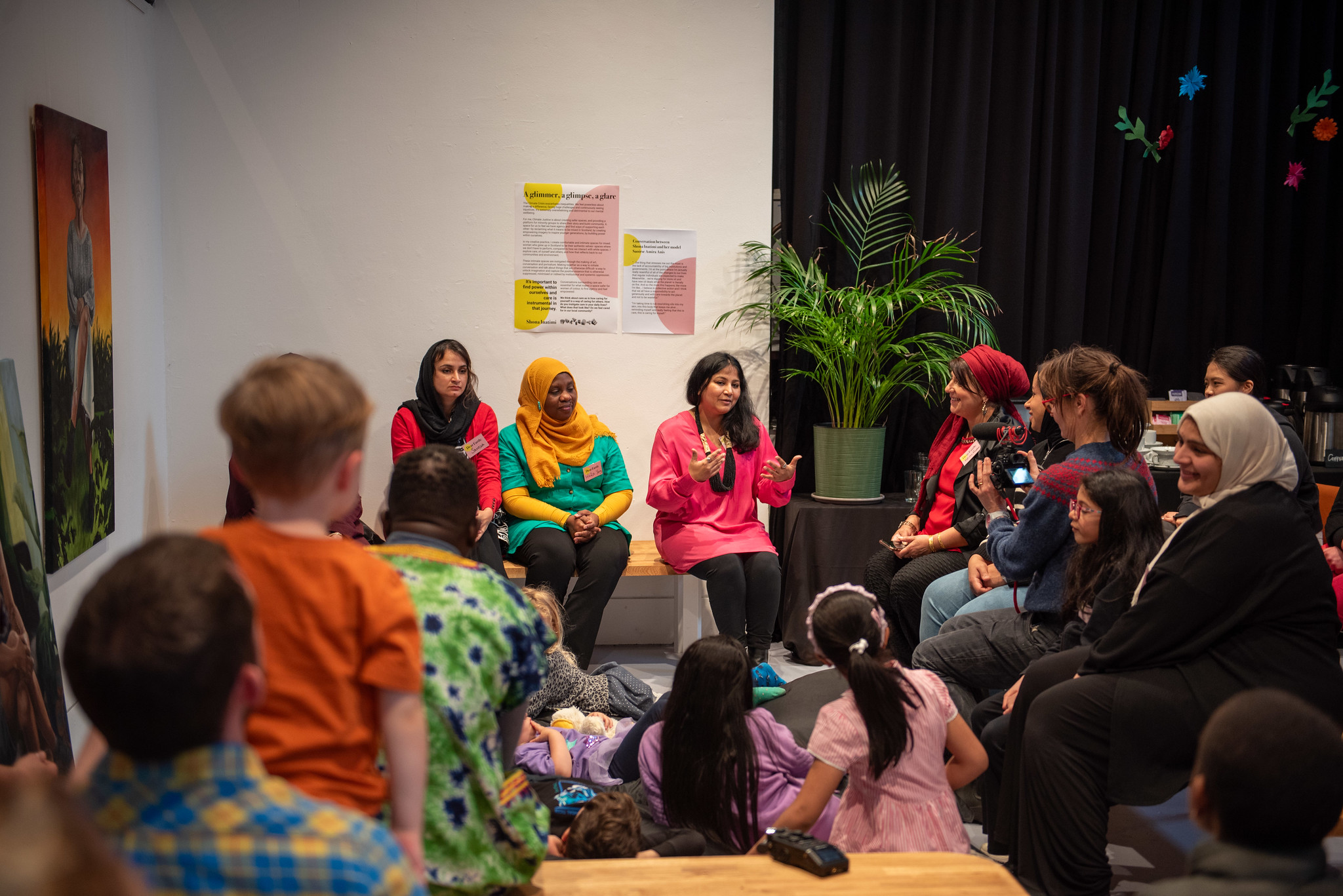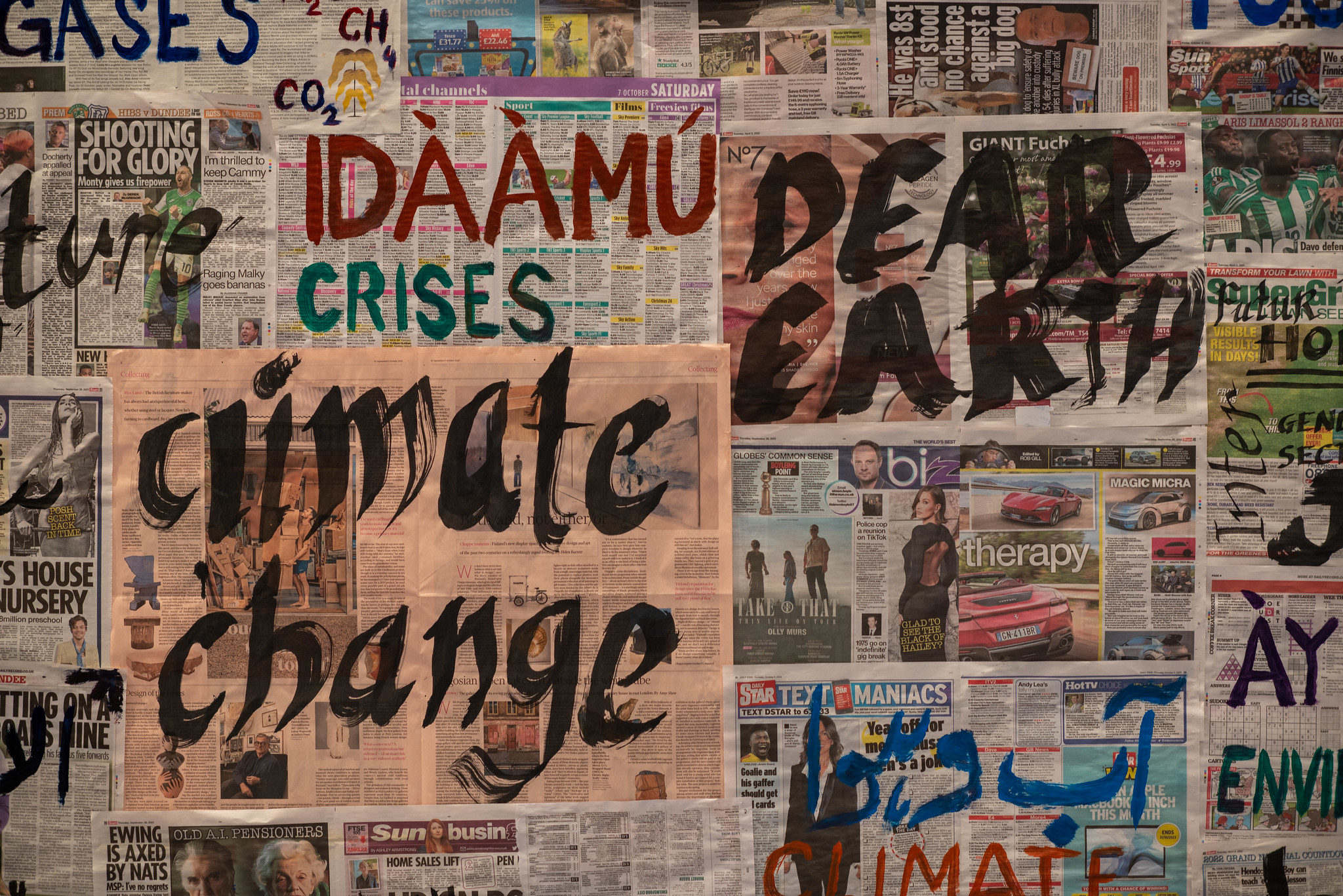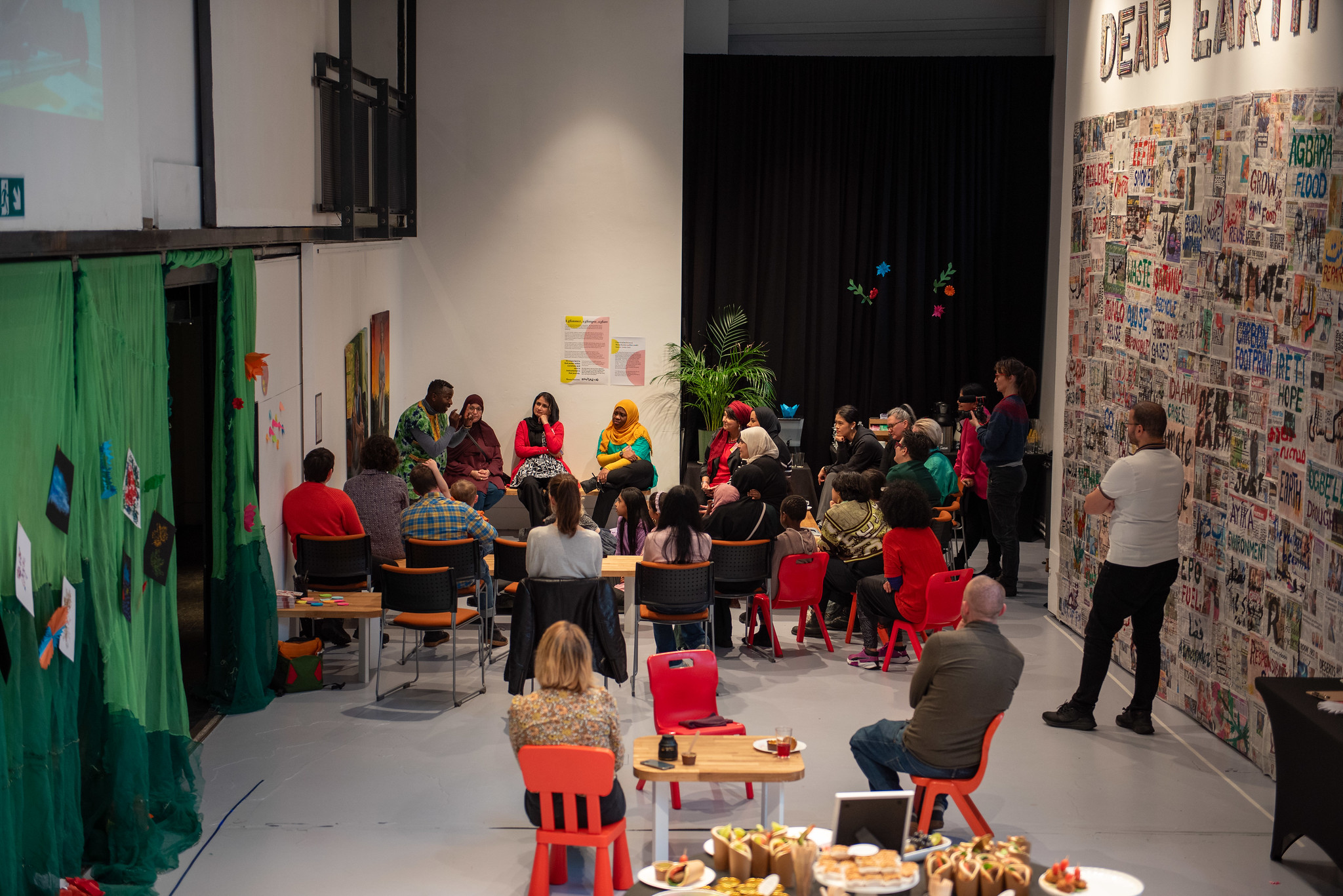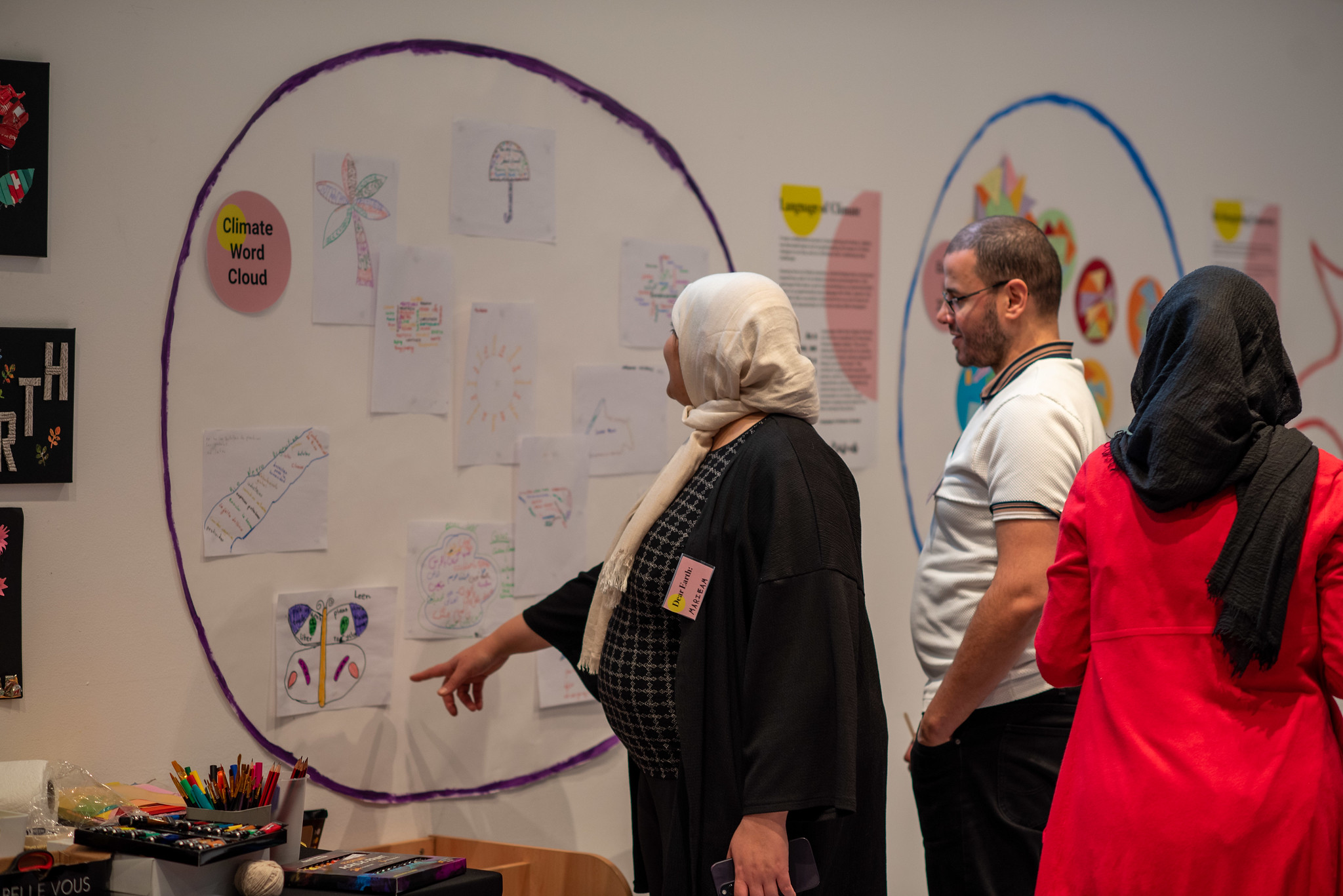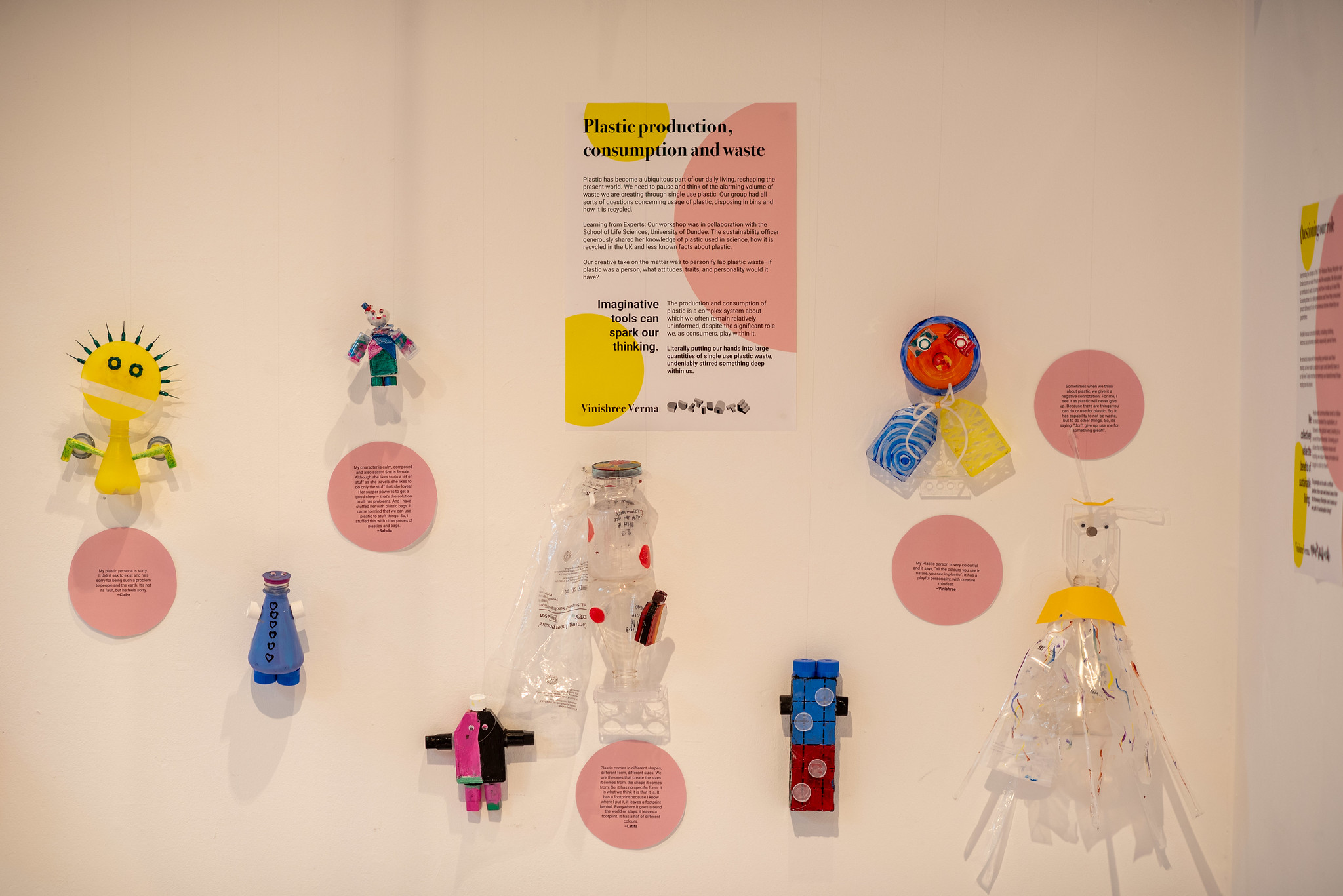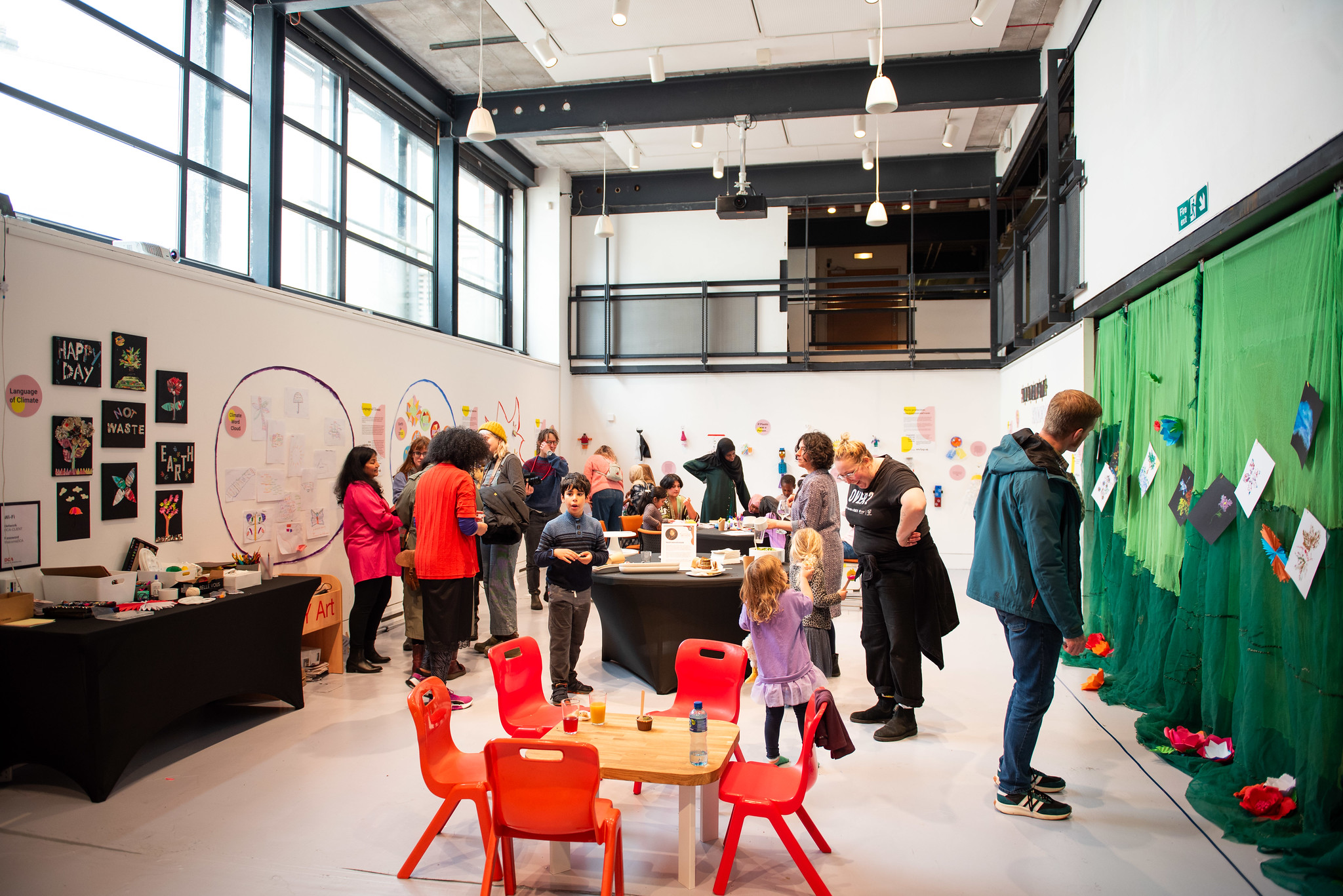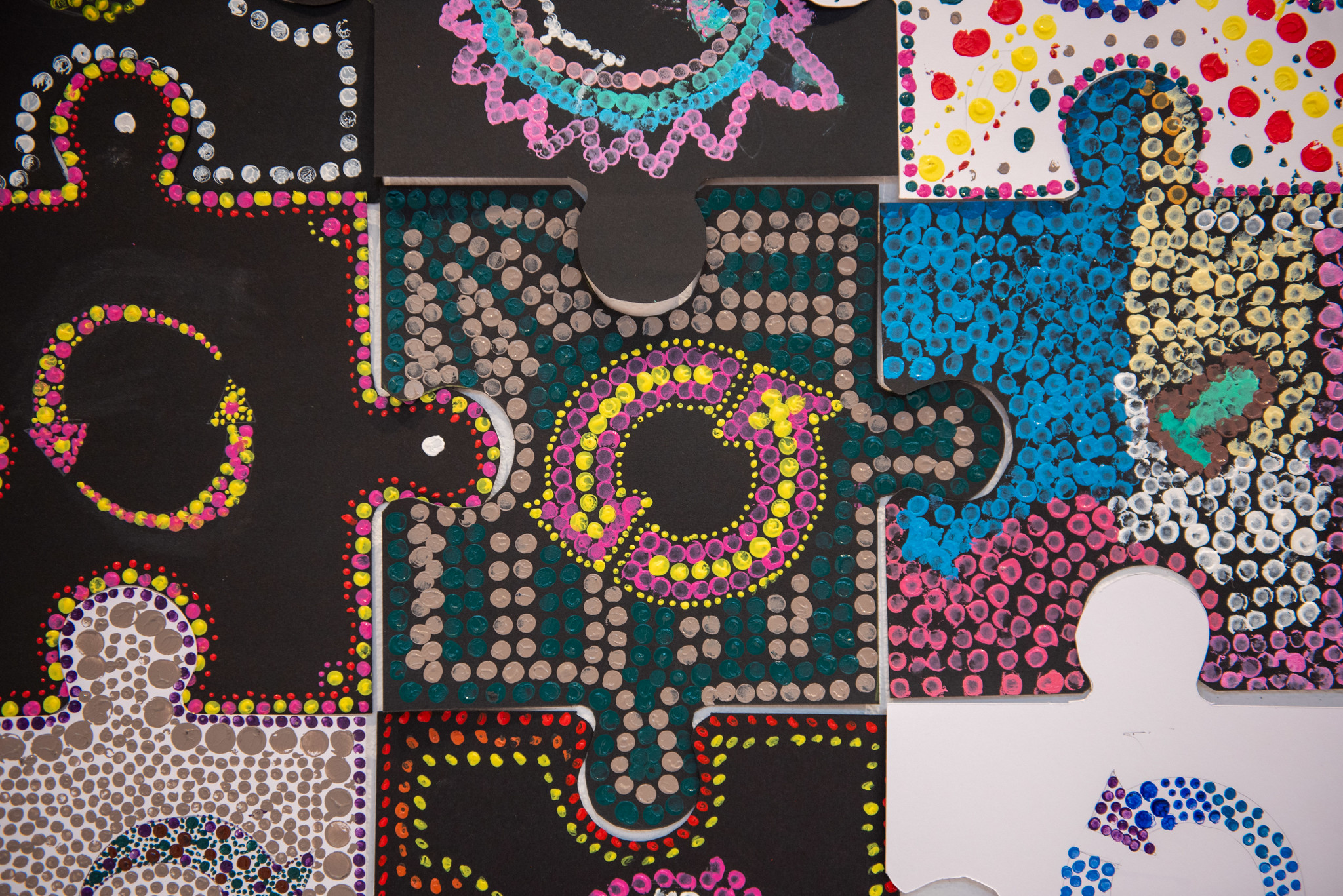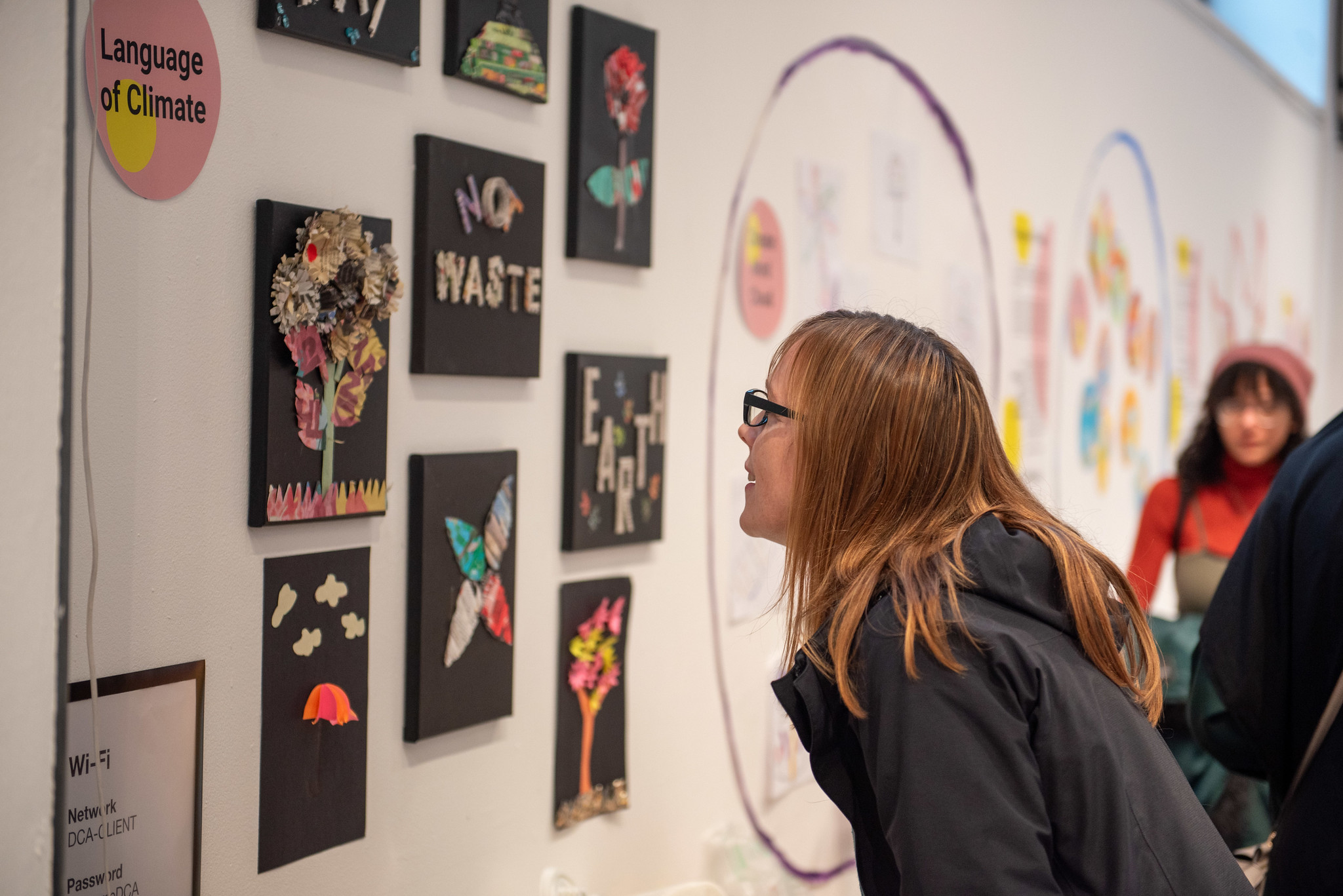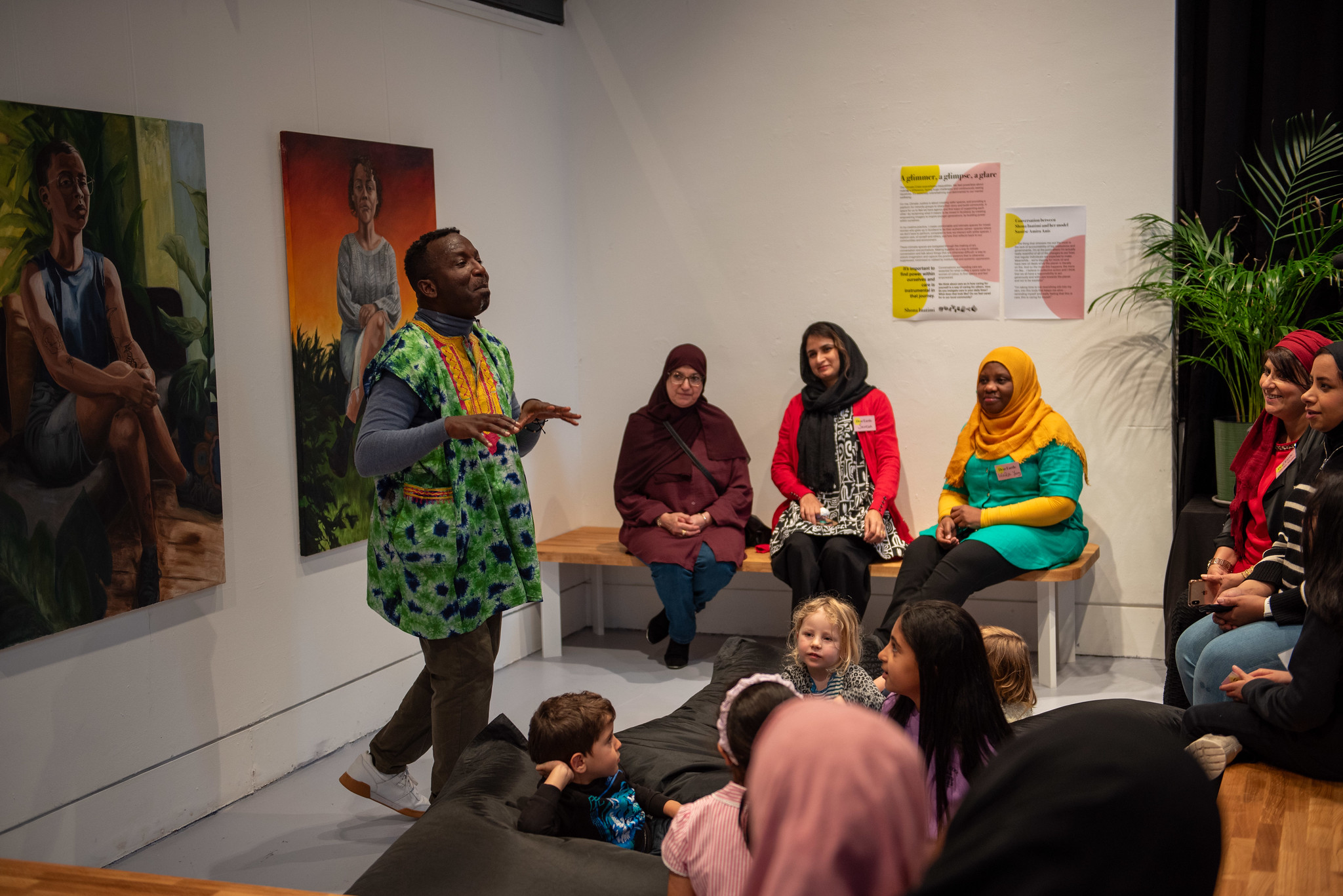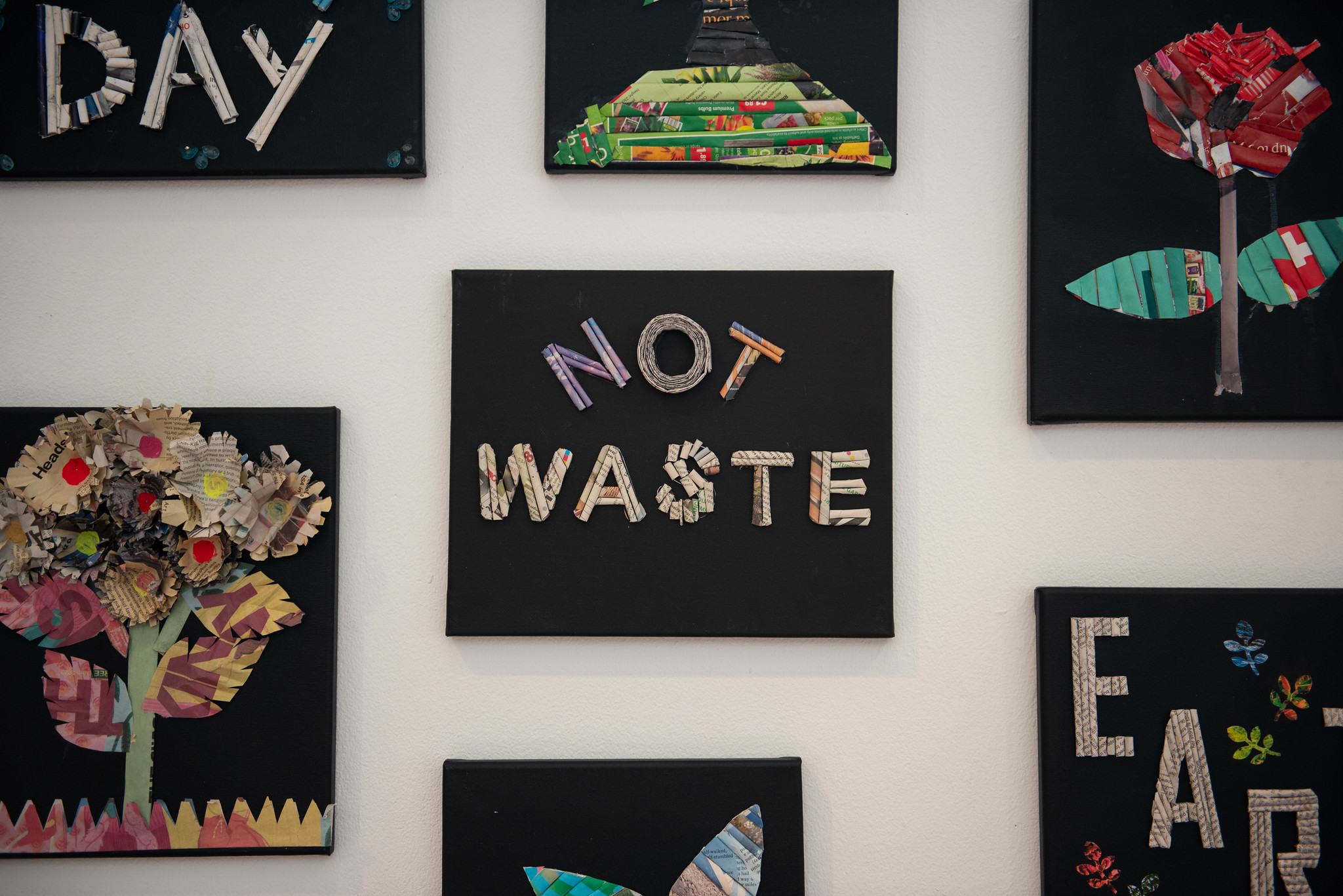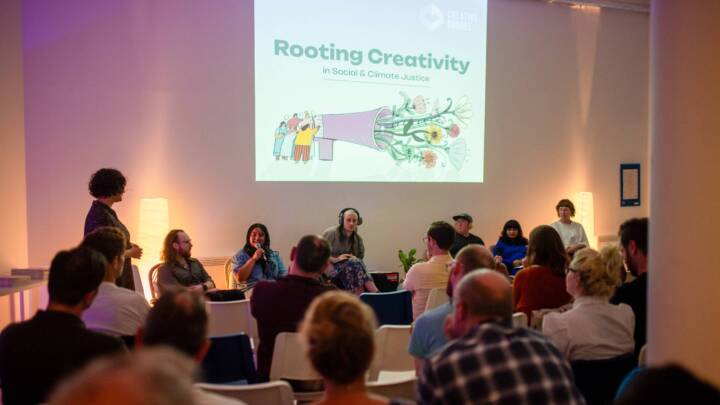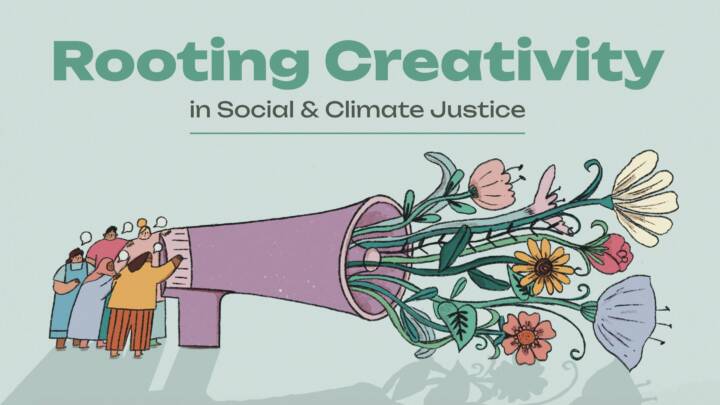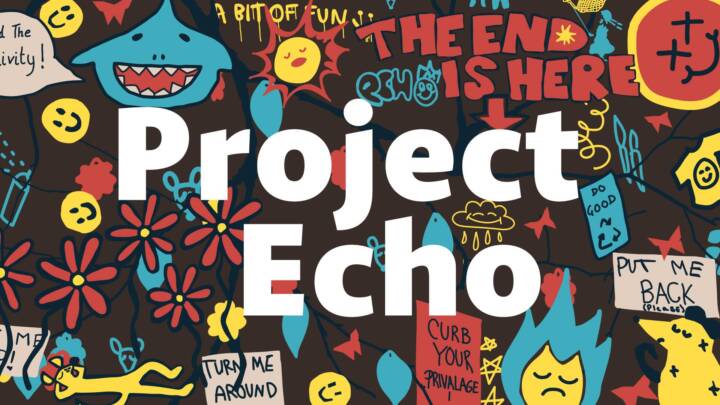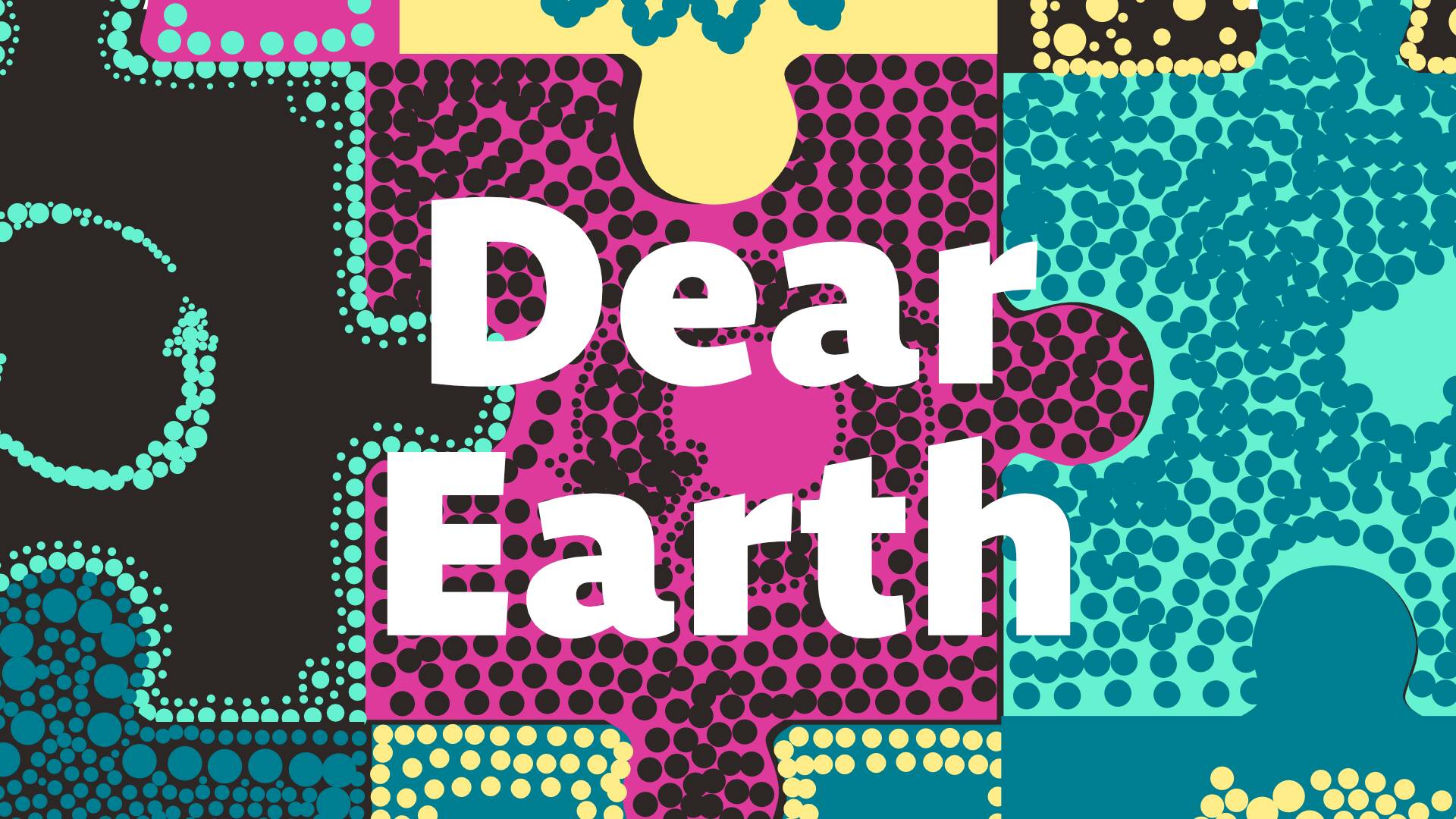
In this CULTIVATE Case Study, we share Creative Practitioner Vinishree Verma’s work in collaboration with people of diverse ethnic backgrounds across Dundee.
CULTIVATE is a regional leadership programme for Creative Practitioners and local communities to collaboratively explore new ways of embedding creativity at the core of grassroots collective action for climate justice, across the Tay region.
We launched the programme in summer 2021 with a first round of Creative Practitioners commissions, and announced our second cohort of Creative Practitioners in February 2023. We also shared some insights and reflections in July 2023, highlighting some of the ambitions and impacts of this pilot initiative.
This case study collates the work of Creative Practitioner Vinishree Verma. These case studies act as an archive for each CULTIVATE project, aiming to share the learnings of each practitioner, demonstrate the impacts of individual projects, and provide concrete examples of the benefits of working with creative practitioners on community-based projects.
Project
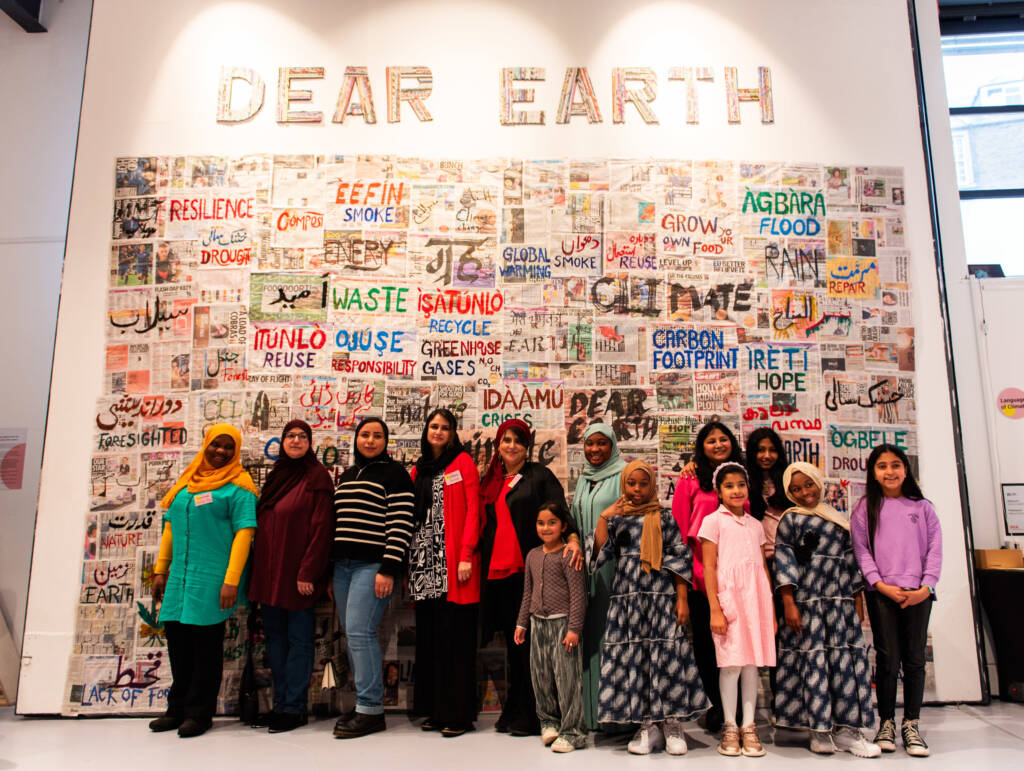
Creative Practitioner: Vinishree Verma
Vinishree Verma is a designer and creative practitioner passionate about the circular economy, climate, and environment design. She brings along a trans-disciplinary pool of experience through research, co-design methodologies, and design thinking. Her creative journey has evolved over 17 years of working as an industrial designer, design mentor, and service designer. A proficient background in design and community-engagement projects has equipped her with various hands-on skills, and artistic flair for working in multiple mediums for creative expression.
Project ambitions:
Vinishree’s project aimed to work at a grassroots level, engaging with people of diverse ethnic backgrounds and giving them agency to realise, express and share their climate responses through a creative medium.
Art and design have an immense power to bring people together, helping them evolve their ideas and build conditions for change in mindsets, behaviour and thinking. As such, Vinishree’s project focused on empowering participants to engage in framing the response to climate justice, tackling limited knowledge of climate change and its impacts on their lives and future generations, whilst exploring long-term and design thinking as a means to build collective action within the group.
Vinishree said: “This commission is an exceptional opportunity to explore climate justice through a creative lens. I’m excited to collaborate with experts in the environment and climate sectors and engage with People of Colour in Dundee in framing the response to climate change through circular design mindsets.”
Read more from Vinishree in her blog In Search of Answers, reflecting on a learning exchange at the Scottish Crannog Centre, learning from the past, and the deeper timeline that connects to our actions in the present.
Process
Through a series of Saturday workshops, Vinishree created spaces for climate conversation starting from the group’s lived experience and offering opportunities for them to share their feelings of climate anxiety, personal stories, and any questions they may have around climate justice and its social impact.
Prioritising simplified language and concepts for everyone to understand and implement into their lifestyles, the workshops were specifically designed to engage women attending with children of all ages. Vinishree’s patience and commitment to inclusivity ensured that everyone attending the workshops had the ability to contribute to the activities and conversations taking place. Food was also always on offer and gathering together to enjoy a shared meal became a core element of these meetings and the final exhibition.
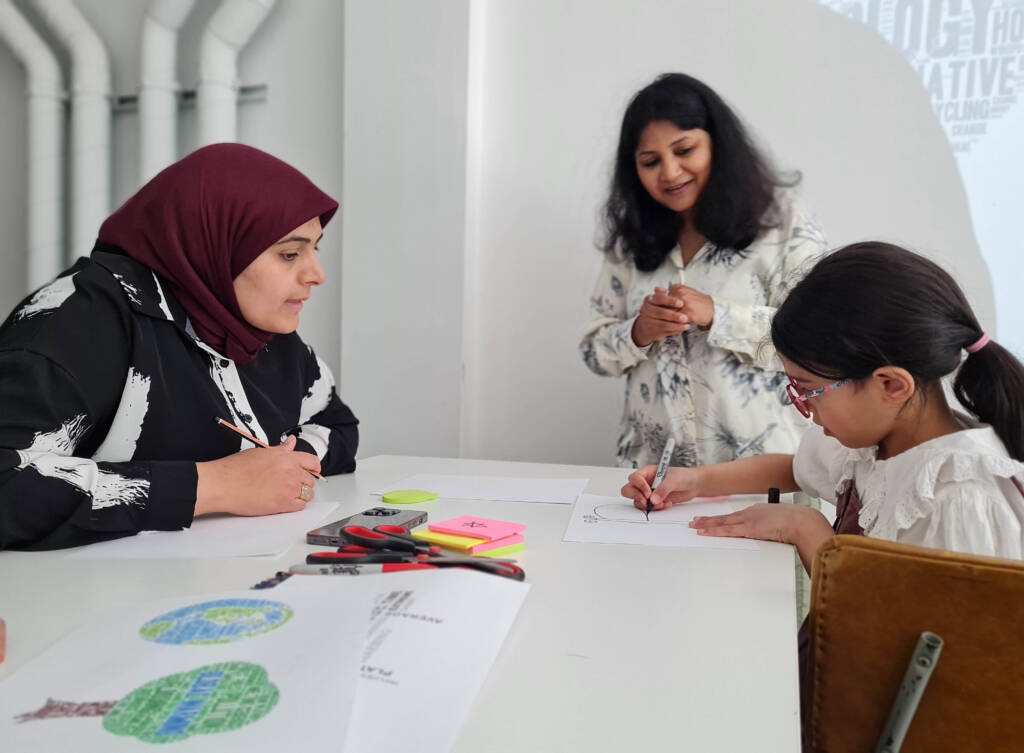
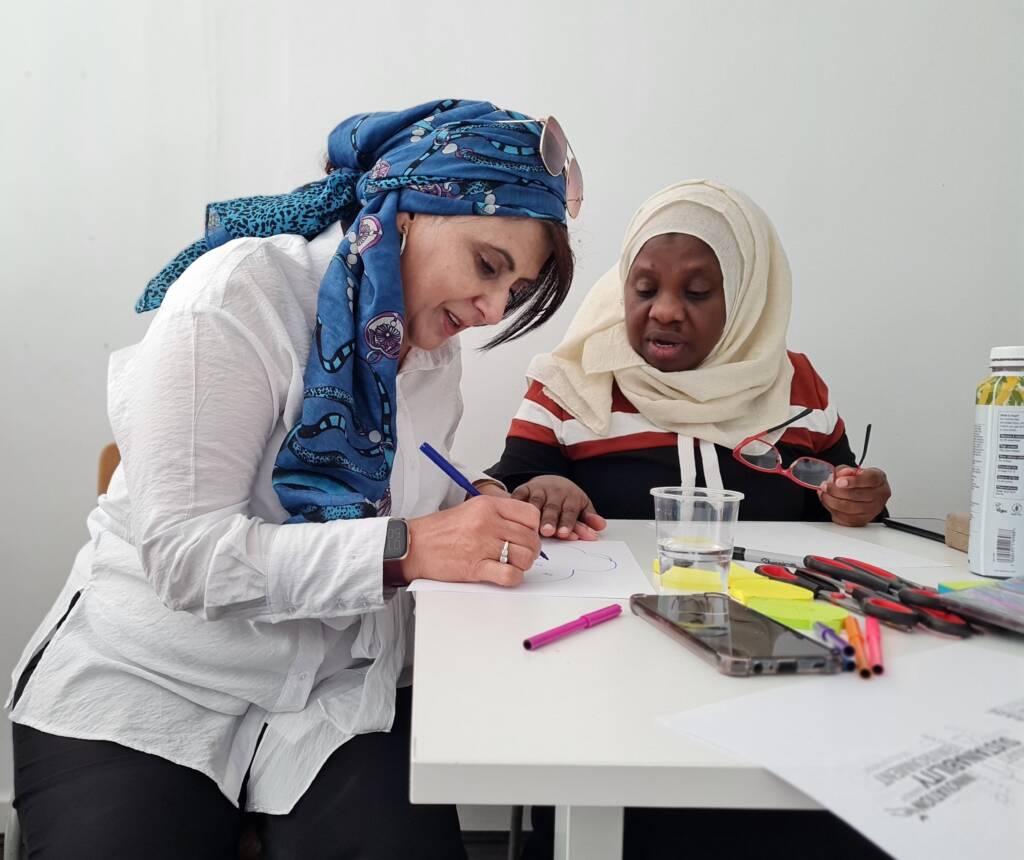
Workshop themes
Language of Climate:
Exploring the role that language plays in discussions of climate justice and action, the group discussed topics like greenwashing, the impacts of climate change, and the individual’s role in addressing these challenges. Drawing from family narratives, cultural backgrounds and personal experiences, each participant first shared their perspective before drawing word clouds to symbolise their thoughts and beliefs.
Some of the participants experimented by exploring the topic in languages other than English including Arabic, Spanish, Urdu and Hindi. The group made a significant observation about the role of language, finding that languages other than English often lack an extensive vocabulary for climate-related discussions despite the continued pressures of issues like poverty, scarcity of resources, political instability and more.
Reimagining Tomorrow:
From a discussion of the role that capitalism plays in climate inequality, the group explored what makes them uncomfortable as consumers, what they viewed as unfair, and what they felt they need to change in the ways they shopped, traveled or chose food. Looking to a better future, they talked about a wish to reimagine the world around us and how they might feel empowered to make a difference and take on the role of changemaker.
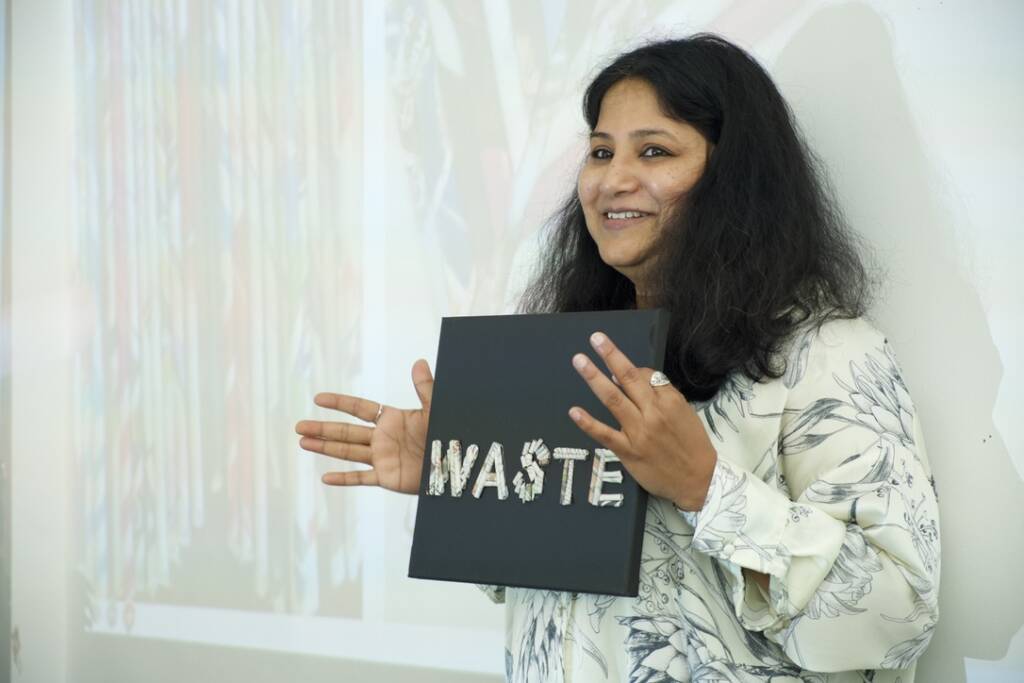
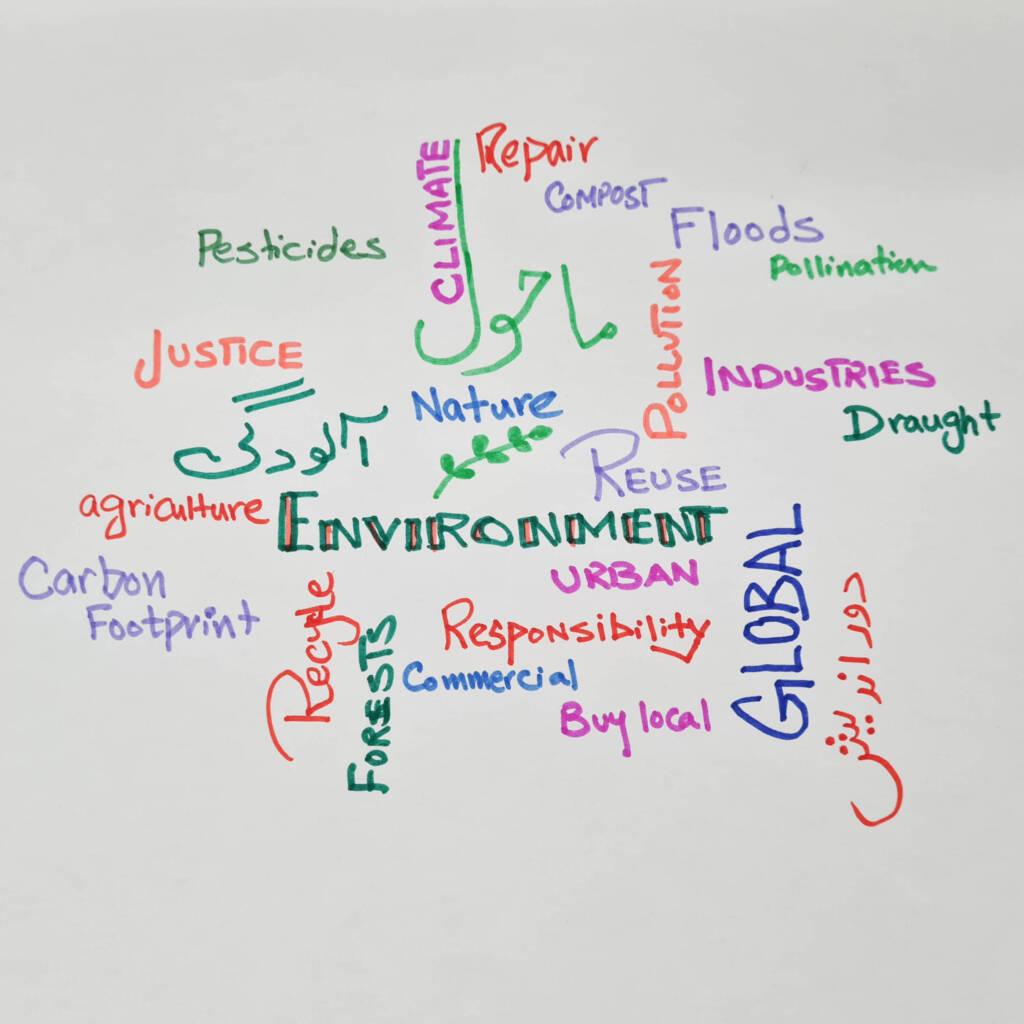
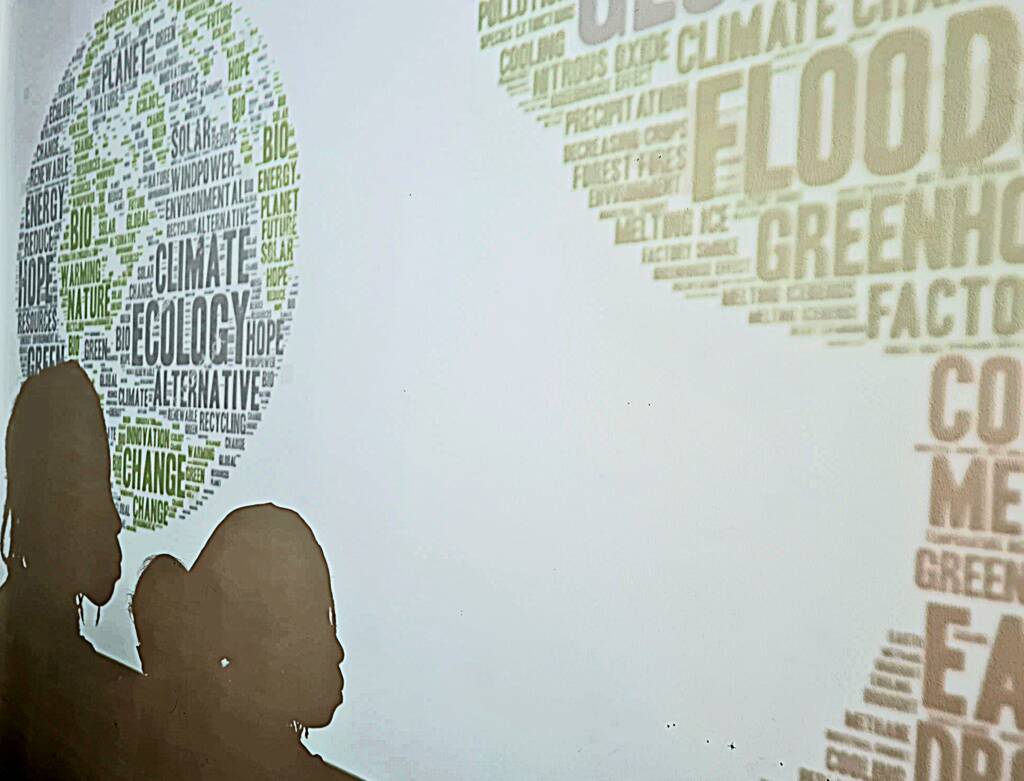
Climate Greeting:
Starting with little knowledge of the topics discussed in these workshops, the group dedicated their time together to not only learning about climate change and what causes it, but sharing their observations on the ways that climate change has already affected their own lives. They found this experience made them more inquisitive to broader or more complex issues, and gained confidence in their own understanding of each topic.
Beyond sharing their perspectives with each other in a closed group, they created climate greetings cards to share their experiences, thoughts, and new found knowledge with their broader communities.
Questioning our Role:
To better understand the concepts of reduce, reuse, recycle, and the circular economy, the group looked at consumption habits, from clothing to sanitary products, explored their upbringing in cultures that emphasised reuse, and discussed the difficulties they’ve found in sticking to these principles when surrounded by a ‘use-and-throw’ lifestyle.
Familiarising themselves with the recycling symbols, the group took these icons and turned them into artworks to help engrain their meanings and better identify them in their daily lives.
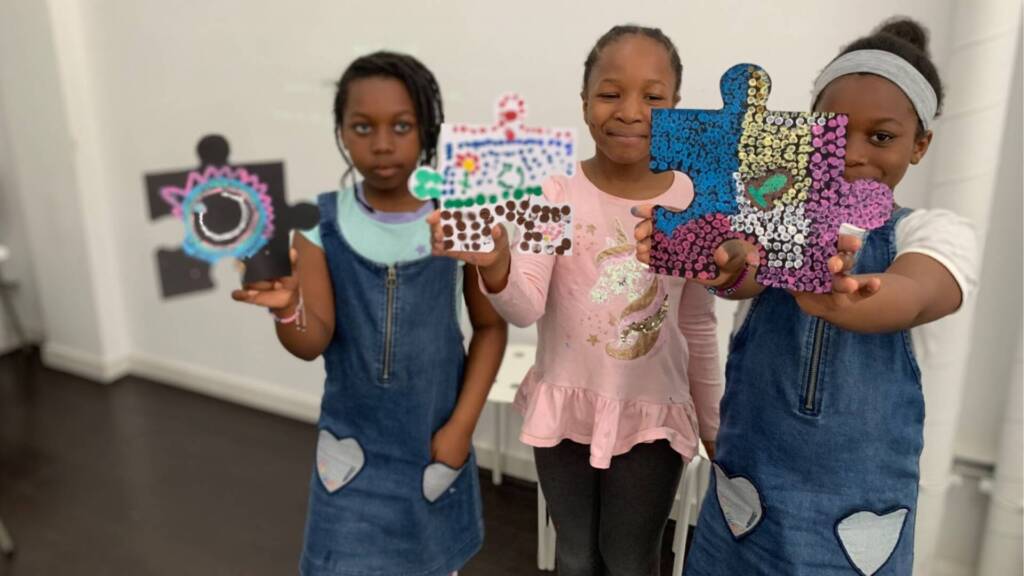
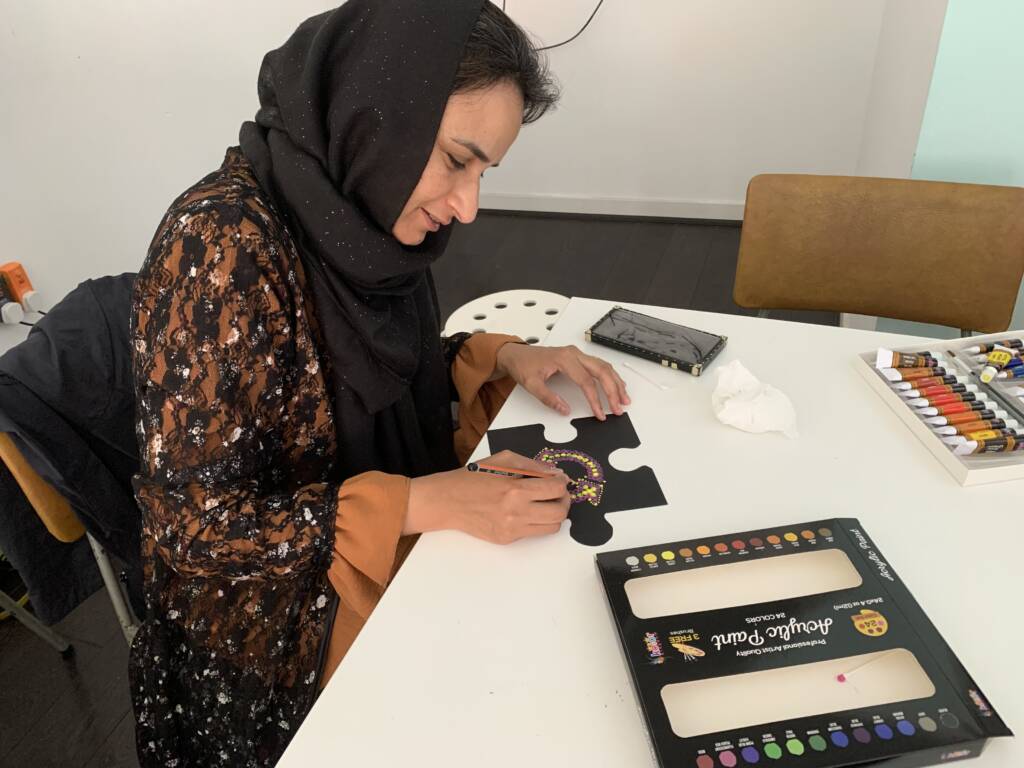
Connecting with Nature:
Taking to Baxter Park for their next workshop, the group explored their emotional ties with nature and enjoyed a walk together through the park, allowing for a full sensory experience of the surrounding greenery. Touching and observing the leaves, branches and flowers that caught their interest, they used these inspirations to write and draw about what they’d noticed in the leaves and what could be learned from them.
Guided by Vinishree, they built an understanding of biomimicry and discussed further the impact that actively engaging with the natural world had on them, finding it transformative, enriching, and something often taken for granted.
Plastic Production, Consumption and Waste:
In collaboration with the School of Life Sciences at the University of Dundee, the group were taken through the lifecycle of plastic, the alarming volume of waste created from single use plastics, and the role that science is playing in finding new life for plastic waste in the UK.
Getting hands on with large quantities of plastic waste helped bring the situation to life with the group transforming this waste into personified models and asking if plastic was a person, what attitudes, traits, and personality would it have?
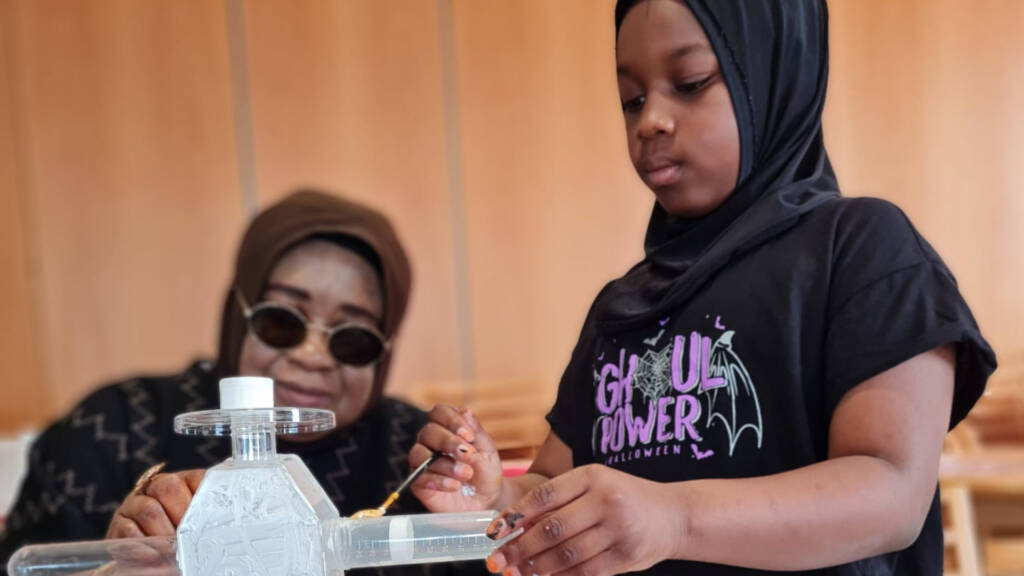
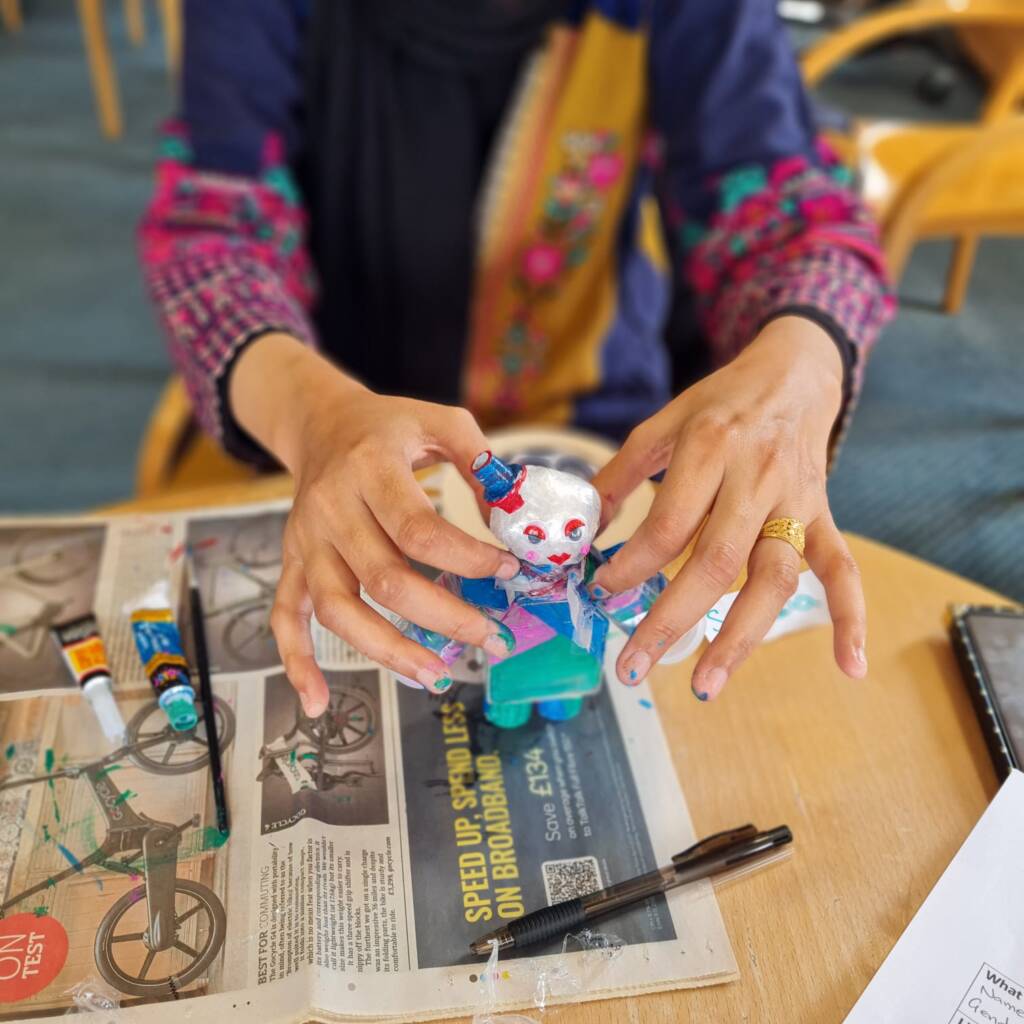
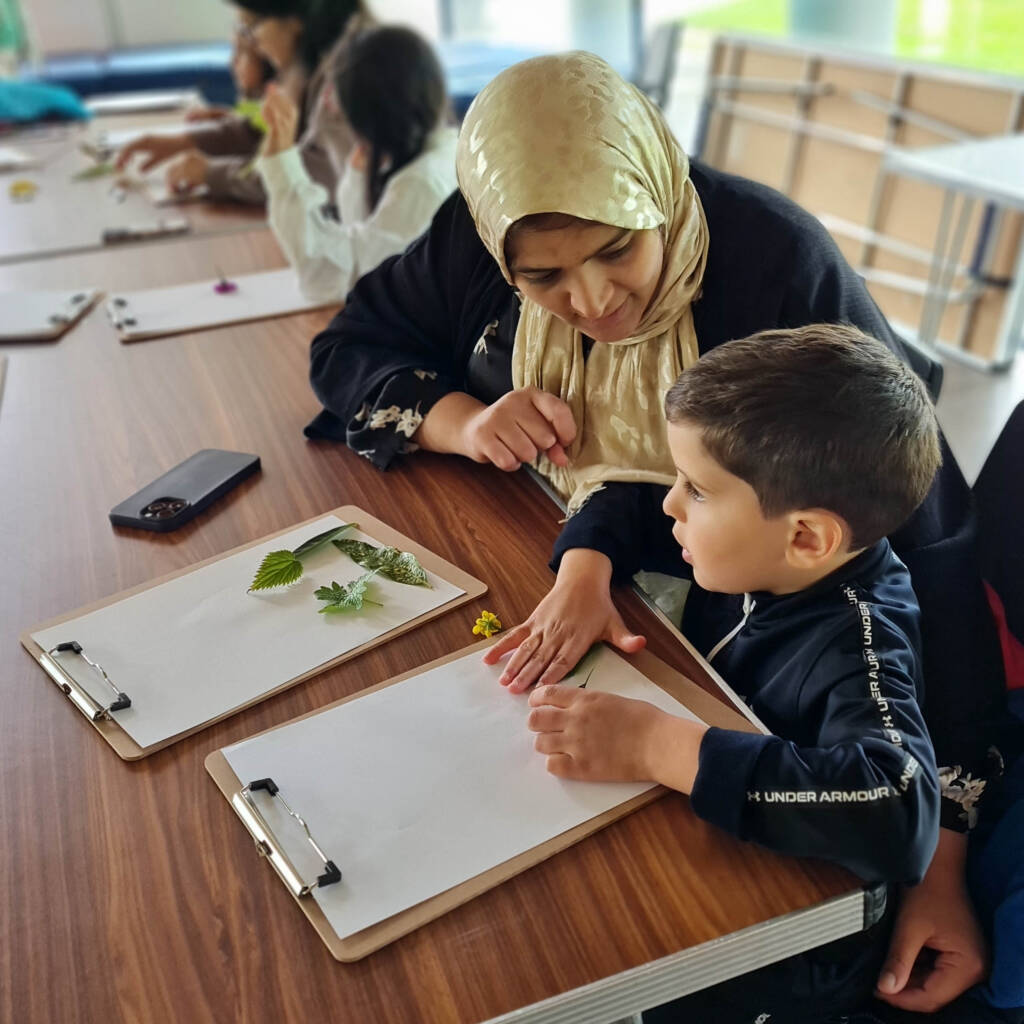
One of the participants of the workshops, Wuraola Young, wrote about her experience of each workshop and shared some of her personal learnings from the process which you can read in this accompanying blog series.
Outcomes
In collaboration with fellow Dundee-based CULTIVATE creative practitioners Shona Inatimi and Amadu Khan, Vinishree and members of her workshop group held a showcase event and exhibition for the work created and ideas shared throughout the project. Dear Earth: Creating Hope in a Climate Crisis, held at Dundee Contemporary Arts, was a celebration of the coming together of individual voices, amplified through arts and creativity.
Across the weekend, visitors of all ages were invited to actively participate and immerse themselves in the themes on display, interacting with art work and adding their voices to the vital conversations on how we make a more equitable, caring and sustainable tomorrow. There were opportunities to listen to stories shared by the community artists, create artwork with hands-on activities, and share delicious food together; all in the spirit of the creative workshops that had led to the event.
Reflection from Vinishree
“Using creativity for climate justice conversations, an incredible collective of inter-generational women from Dundee have been engaged in nurturing a culture of sharing life’s stories, hacks and anecdotes from across the world. These women from diverse ethnic backgrounds are opening their doors to the climate culture mindset they have cultivated during this project. They are the heroes and the real climate champions!”
This end of project film was created by CULTIVATE Storyteller Lu Kemp, in collaboration with participants and each Creative Practitioner lead. Lu followed their work from the start and captured their voices to tell the story of each project’s ambitions, outcomes and impacts.
Vinishree, project participant Wuraola Young, and Creative Dundee’s Creative Climate Producer, Claire Dufour, were also awarded Science for All badges by the University of Dundee, in recognition of their contribution to public engagement through the creative workshop held in collaboration with the School of Life Sciences.
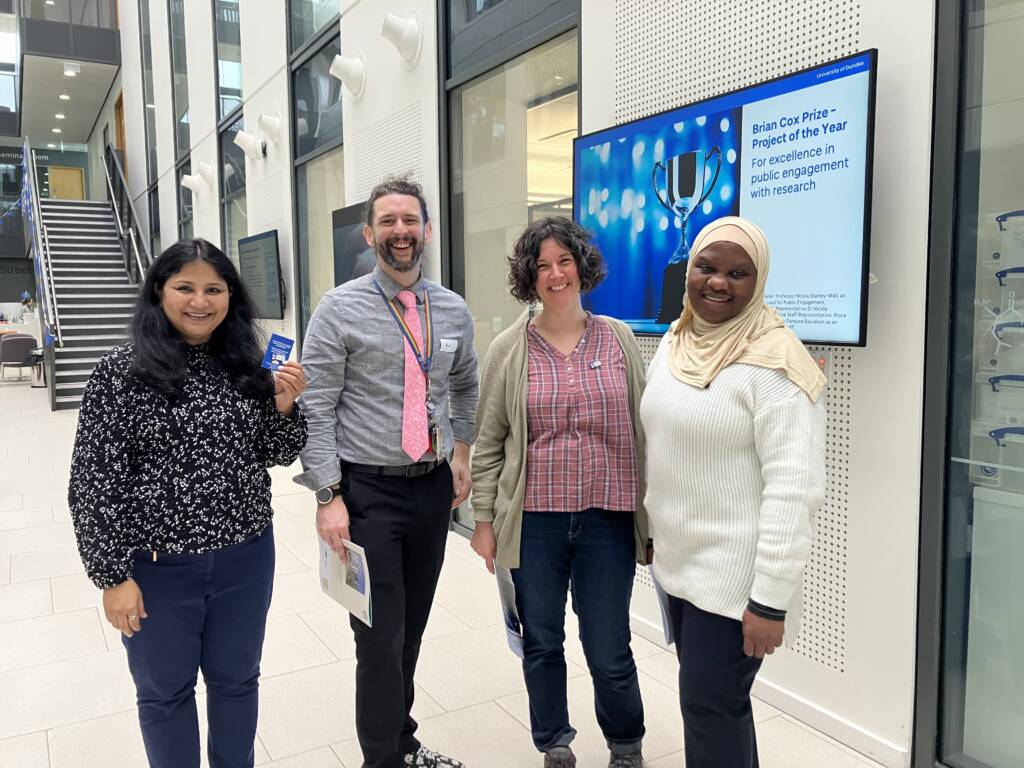
Led by Creative Dundee over three years, CULTIVATE brought together creative practitioners and community groups across the Tay region to explore climate justice in a practical and meaningful way.
CULTIVATE is part of Culture Collective, a network of participatory arts projects across Scotland, shaped by local communities alongside artists and creative organisations. Funded by the Scottish Government through Creative Scotland.

Thank you for visiting
If you would like to support us in creating even better content, please consider joining or supporting our Amps Community.
